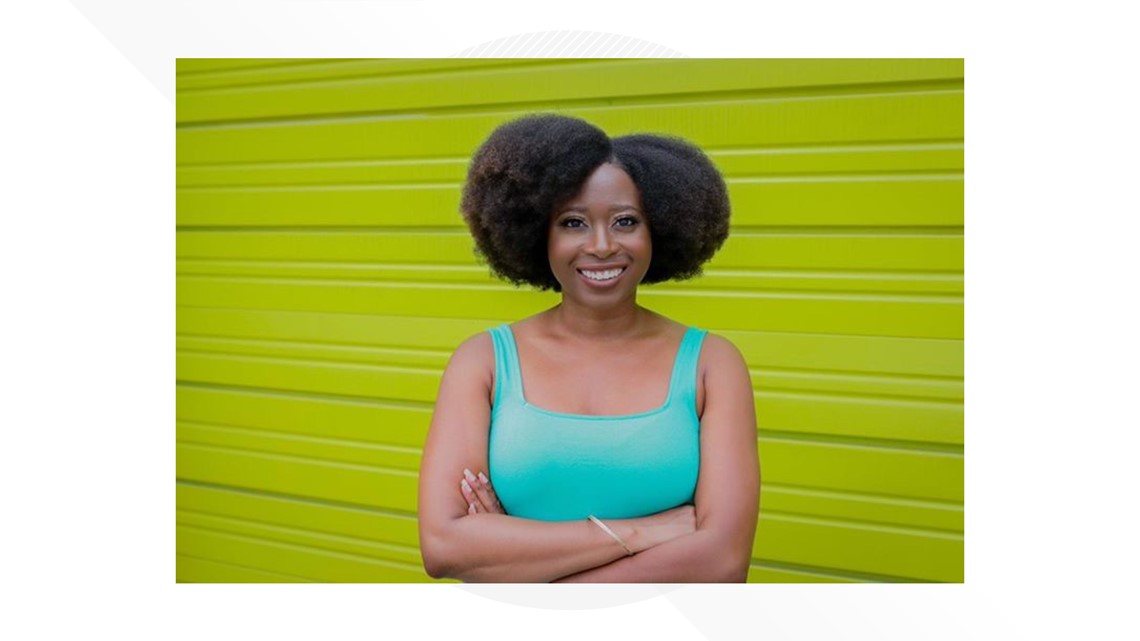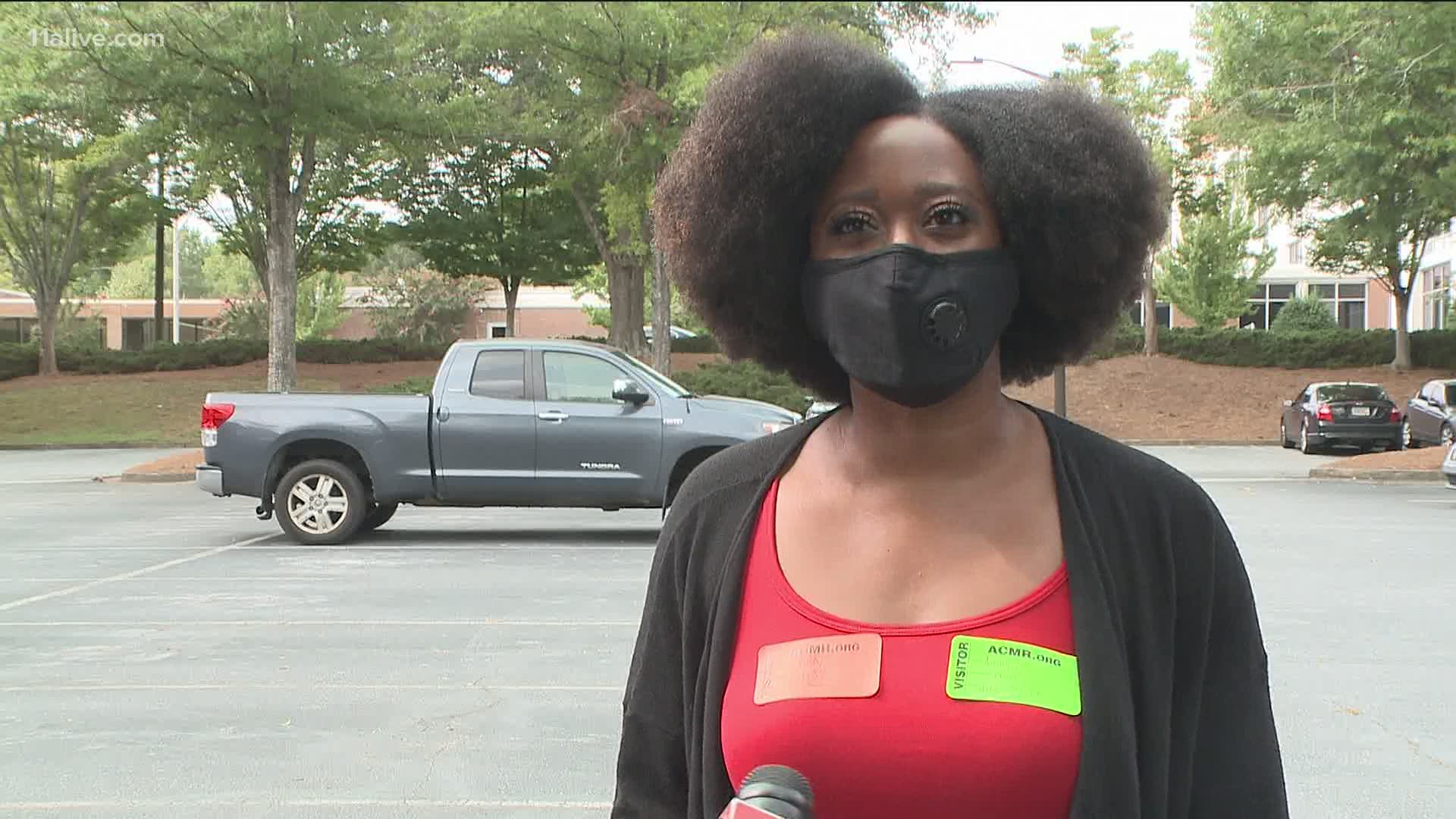ATLANTA — Ashley Nealy has never had COVID, but she may carry the antibodies anyway. That’s because she just finished getting her second vaccine shot for the virus.
“I do feel like I’m a part of history and I’m hoping it will help,” she said leaving the Atlanta Center for Medical Research.
Nealy knows medicine isn’t one size fits all. You need to test treatments on different age and race groups. But, a lot of Black people don’t trust the medical system.
“We’ve had a long history of us being abused and used...involuntary and being lied too,” she said reflecting upon the Tuskegee Syphilis study that failed to give treatment to Black men participating.
But Nealy said when she saw an ad on social media, she knew she wanted to get involved.


“Some of my friends were supportive. They definitely were like 'you’re doing something really brave, you’re doing a great thing.' And then of course, some of my friends were a little more blunt, called me crazy," Nealy explained.
But knowing she’s one of 30,000 in the phase three vaccine trial gives her a bit of comfort. Dr. Carlos Del Rio, a distinguished professor of medicine at Emory University School of Medicine, hopes there are more people like her – enthusiastic to get involved.
“You want to be sure that the most affected populations are represented,” he explained in a media briefing Wednesday morning.
In Georgia, Black people represent at least a quarter of our COVID-19 cases. That number is likely higher since race and ethnicity information is still missing for more than a third of our cases.
In comparison, the last diversity update provided by Moderna, said Black people only made up 10% of the participants in its phase three vaccine study. Pfizer, which is developing the vaccine Nealy is testing, has only 7% Black representation.
“If and when we have a vaccine ready, if you didn't have enrollment of minorities, then people are going to say, well, you know, 'why should I put the vaccine and myself?' And the reality is, we need minorities to be the first in line for the vaccine,” Dr. Del Rio explained.
News this week that AstraZeneca is putting its trial on hold after a participant had a serious adverse reaction doesn’t relieve any fears.
“That's how clinical research works. That is what clinical trials do. You are continuously seeing if there's any issues," Dr. Del Rio said.
The delay will allow the company to determine if the adverse reaction is even related to the vaccine. As for Nealy, she said after the first shot, her arm was a bit sore.
“I was very fatigued in the morning when I woke up and I had some body aches and sweating but it only lasted about 24 hours," Nealy said.
She says the worst part has been the actual COVID test. Hopefully, today was her last one, ever.
“I figured this is the only way we’re going to get out of this pandemic," Nealy said.
The studies do take a bit of time. Nealy said each visit took about four hours and she will have to keep coming back every few months for two years to be tested for antibodies.
Those interested can sign up at CoronavirusPreventionNetwork.org

